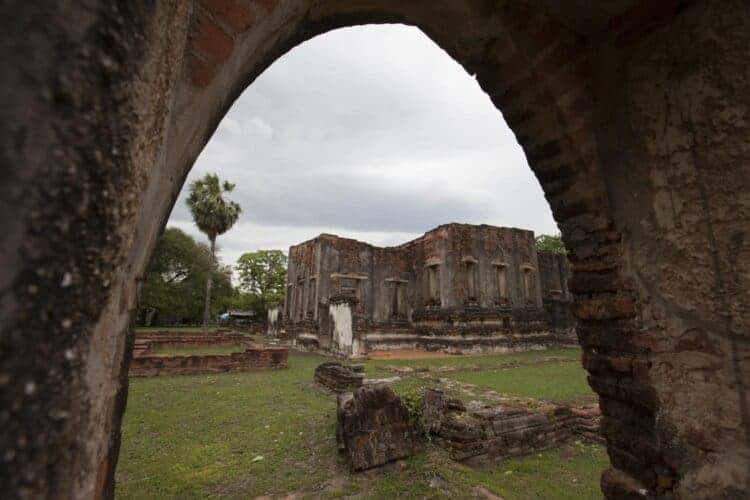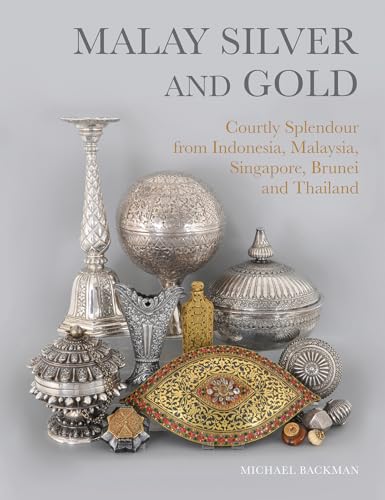via Bangkok Post, 20 July 2020: Opinion piece by a colleague from Unesco Bangkok, based on a recent webinar. How will cultural heritage tourism survive in a post-Covid-world?
In just the first few months of the Covid-19 pandemic, 90% of World Heritage sites were closed. Similarly, a global survey showed that 90% of museums were shut down, with 10% unlikely to ever open their doors again. Many other cultural tourism destinations have seen major declines in visitor numbers.
So far, many cultural sites and museums in this region have managed to weather the crisis as they mainly rely on government funding. However, the surrounding local economies are heavily dependent on tourism revenues, so local businesses and entrepreneurs have been hard hit by the economic devastation caused by the shutdowns. As the pandemic fallout continues to drag on, local communities and heritage places will suffer, with budget cuts, loss of jobs, and increased risk of looting and other crimes.
During a recent discussion on challenges and opportunities for the cultural heritage sector in Thailand, organised by Unesco, the Creative Economy Agency and the Fine Arts Department, speakers from across the country voiced concerns about the future of heritage sites and institutions. Managing economic impacts was the main issue in the short term.

























